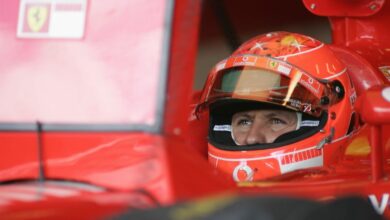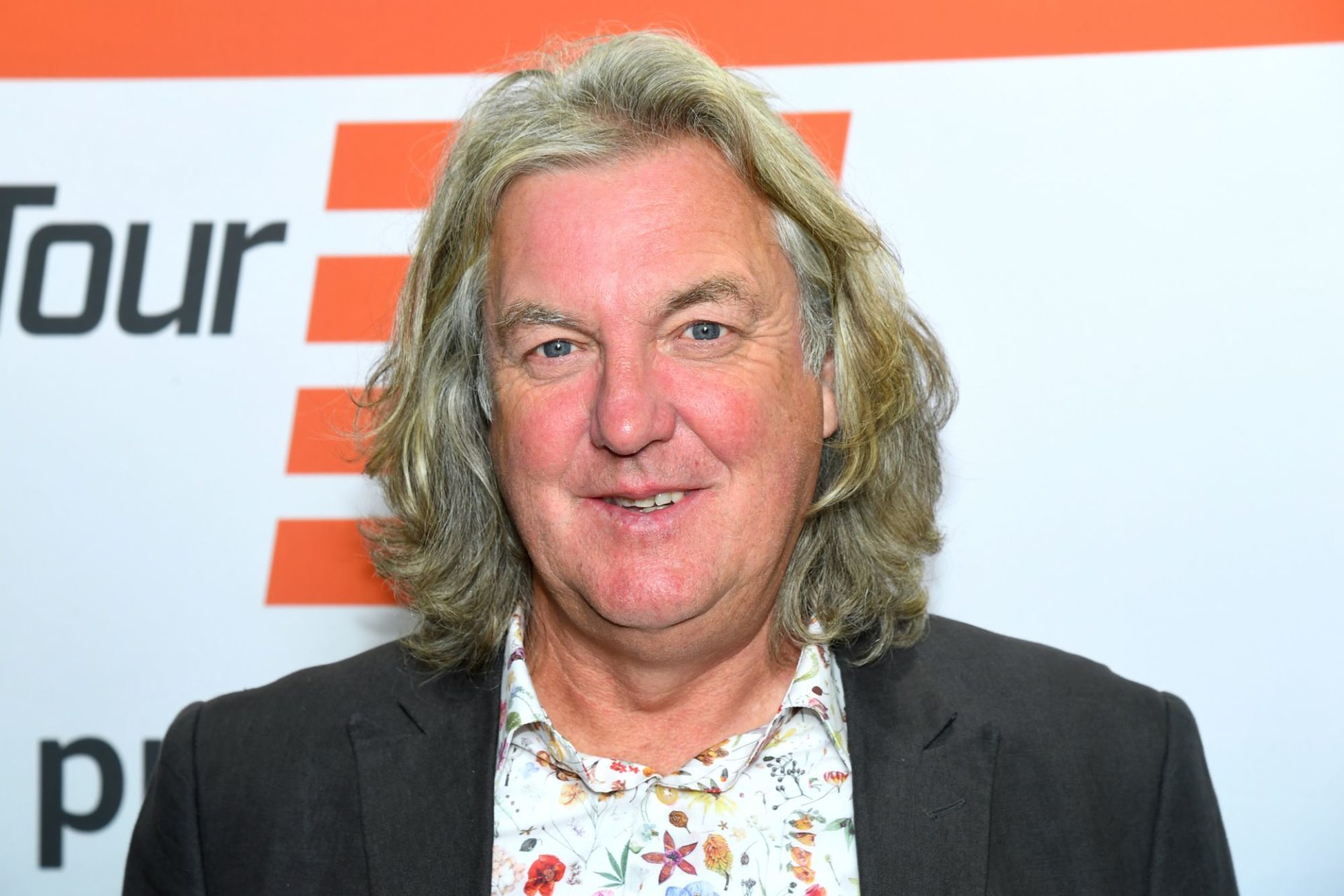Williams Team Principal Urges Formula 1 to Reassess Haas’ Controversial Saudi GP Strategies
In a critical review of the Saudi Arabian GP, Williams Team Principal James Vowles has voiced concerns over Haas’ race strategies, advocating for a formal re-evaluation by Formula 1. The tactics used, particularly those benefiting Nico Hulkenberg, have sparked significant debate in the racing community.
Key Takeaways:
- James Vowles, from Williams, calls for a critical examination of Haas’ strategies during the Saudi Arabian GP, highlighting maneuvers that benefited Nico Hulkenberg.
- Despite receiving penalties, Kevin Magnussen of Haas executed a strategy that hampered the progress of trailing drivers, indirectly aiding his teammate Hulkenberg.
- Despite the controversy, Vowles holds an optimistic view of Williams’ future performance and looks forward to showcasing the team’s strengths in upcoming races.
In a noteworthy development at the Saudi Arabian GP, Williams’ James Vowles brought attention to Haas’ racing strategy, which notably assisted Nico Hulkenberg in scoring a pivotal point. The controversy unfolded during an early safety car phase, initiated by Lance Stroll’s crash. Haas chose to pit Kevin Magnussen but not Hulkenberg.
Magnussen, who was later penalized twice for separate incidents, deliberately slowed his pace after rejoining the race. This tactic effectively delayed the pack of drivers behind him, allowing Hulkenberg to establish a gap sufficient to stay ahead after his own pit stop. This move was strategic in advancing Haas in the championship standings.
Vowles, in a post-race debrief, articulated his frustration and the need for scrutinizing such tactics in the sport. He expressed, “I know we had a car that could score a point there, and yet we walk away without anything to our name… Let’s review that as an organisation and a sport going forward. My opinion from it is that’s not how I want to go racing.”
Despite the setback, Vowles remains positive about Williams’ prospects, acknowledging the tight competition in the midfield and the capabilities of their car. He anticipates the upcoming races, particularly in Melbourne and Japan, with an aim to demonstrate an improved car balance and to secure points.
Vowles elaborated, “You can tell that that sort of midfield fight is very, very tight… There are other tracks that will suit us more or less going forward. I think Melbourne will still be a positive track for us… But I think the point that we have from this is that we have to be there or thereabouts fighting for the points when the top five teams leave any available for us to take.” This forward-looking approach underscores Williams’ commitment to competitiveness and strategic racing in the face of challenging dynamics within Formula 1.


